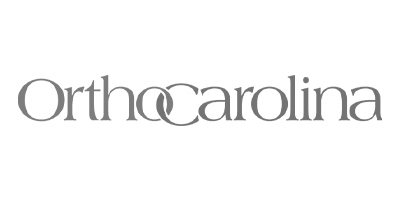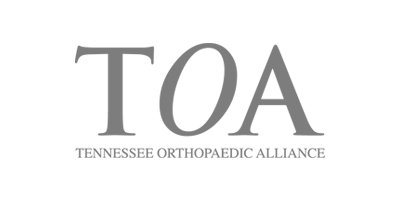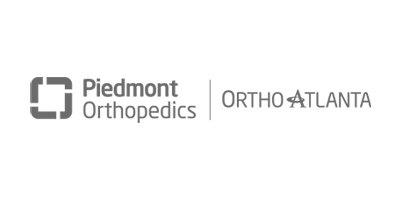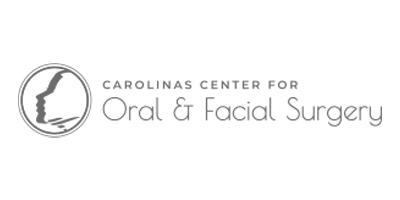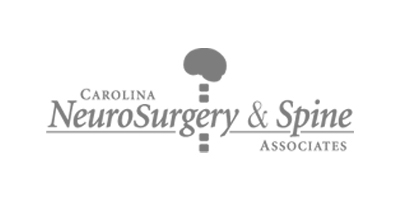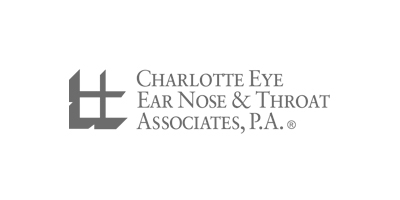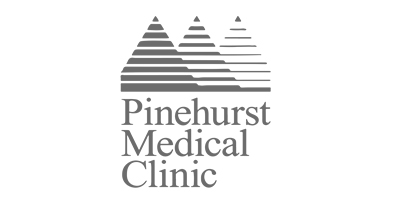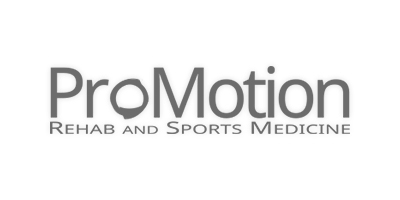For years, WordPress and other general-purpose website builders like Webflow and Wix have dominated the small-business web space. They’re flexible, affordable, and accessible — but when it comes to healthcare organizations, “good enough” isn’t really good enough.
Today’s healthcare clients — from single-location practices to multi-specialty groups — expect more. They want websites that are secure, scalable, compliant, and patient-focused. For marketing agencies, continuing to pitch WordPress sites risks losing credibility with healthcare prospects who know their needs extend beyond what a generic platform can safely deliver.
Why “Off-the-Shelf” Isn’t Enough
1. Compliance Isn’t Built In
WordPress, Webflow, and Wix were never designed for regulated industries. Out of the box, they don’t address HIPAA compliance, ADA accessibility, or patient data security. Agencies are left cobbling together plugins and third-party tools — and even then, liability rests on the agency.
The Risk for Agencies: If a client’s site fails to meet compliance, your agency can be held accountable alongside the client.
2. Plugin & Patchwork Problems
Healthcare sites often require integrations with scheduling systems, patient portals, reputation management platforms, and billing software. On WordPress or Wix, agencies rely on a fragile patchwork of plugins that can break with updates or expose vulnerabilities.
The Impact: Each update cycle introduces risk, downtime, and unexpected maintenance costs — which strains client relationships.
3. Scalability Challenges
While a dental startup may “get by” with a WordPress site, large healthcare groups and hospitals need enterprise-grade scalability. Multi-location content management, custom workflows, and patient-first navigation often push general-purpose CMS platforms beyond their limits.
The Result: Agencies lose opportunities with larger, more profitable healthcare accounts because their tech stack can’t handle the scale.
Why Healthcare Clients Expect More
Healthcare organizations know their digital presence is no longer just “marketing.” A healthcare website is an extension of patient care — handling appointment requests, HIPAA-sensitive form submissions, accessibility for patients with disabilities, and integration with operational systems.
Patients expect consumer-grade digital experiences in healthcare. Leaders at hospitals and medical groups know that requires more than a templated website builder.
How Agencies Can Deliver: Remedy CMS
This is where agencies can differentiate. Instead of selling WordPress, Wix, or Webflow sites with bolted-on compliance, agencies can partner with Remedy CMS — a content management system purpose-built for healthcare.
Key Advantages of Remedy CMS vs. General Builders:
- HIPAA-Aware, ADA-Compliant
Compliance-first architecture ensures patient data and accessibility standards are baked in, not patched on. - Healthcare-Specific Integrations
Seamless connections with scheduling tools, patient portals, billing systems, and reputation management platforms. - Enterprise Scalability
Whether it’s a single practice or a hospital system, Remedy CMS manages multi-location sites, complex hierarchies, and robust content structures. - Ongoing Technical Support
Agencies never worry about plugin conflicts, downtime, or update cycles — our team handles all development and maintenance.
What This Means for Agencies
By leading with Remedy CMS instead of WordPress:
- You win bigger accounts. Healthcare prospects trust agencies with a platform tailored to their industry.
- You protect your reputation. No more compliance risks or technical liabilities.
- You increase client stickiness. Clients that rely on you for both marketing and a compliant website stay with you longer.
Conclusion
Healthcare clients have outgrown WordPress and Wix. They need more than just a website — they need a secure, compliant, patient-centered digital platform. Agencies that continue to rely on generic builders risk falling behind.
Agencies that partner with Remedy CMS, however, can step confidently into the healthcare space, differentiate from the competition, and capture more profitable accounts.
Ready to elevate your agency’s healthcare offerings?
Explore our Agency Partnership Program
« Back to Blog
Ready to Transform Your Practice's Digital Experience? Contact Us Today to Schedule a Demo.
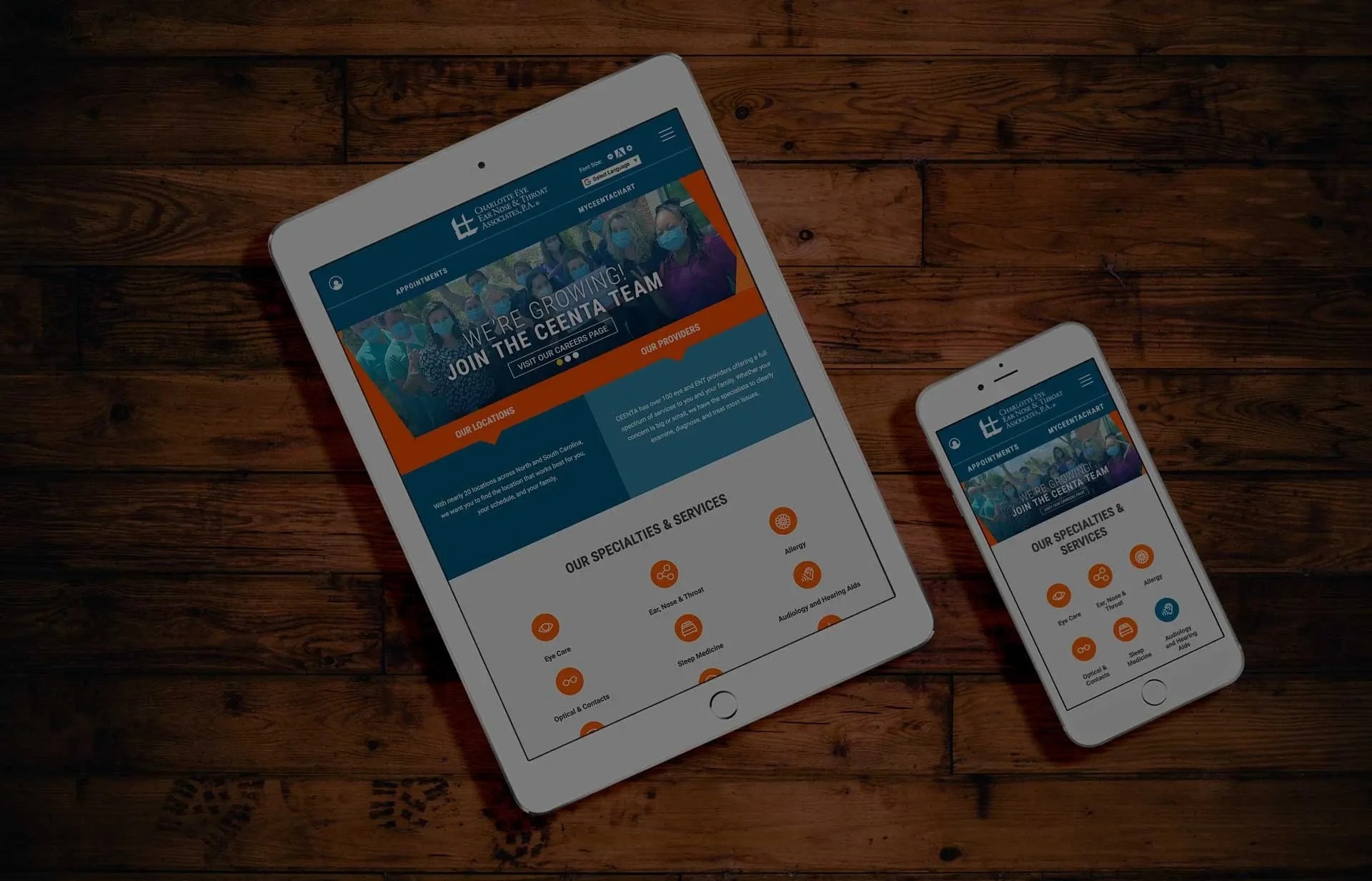
© 2026. All rights reserved. E-dreamz, Inc.


